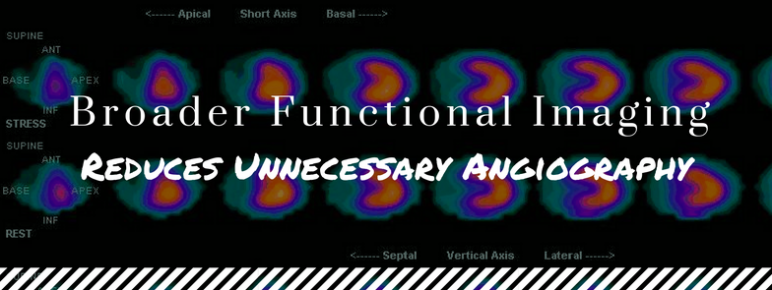Scientists from Johns Hopkins University and the University of Bonn in Germany have applied advances in optogenetics to terminate arrhythmias in mice.
In a new study published online yesterday in the Journal of Clinical Investigation, authors prove the concept of optogenetic defibrillation, where epicardial illumination can effectively terminate ventricular tachycardia—a potential alternative to implantable defibrillators.
"Strong electrical shocks can damage the heart and cause severe pain," write the authors. "Our results... could potentially be translated into humans to achieve nondamaging and pain-free termination of ventricular arrhythmia."
Continue reading Video: researchers use light to defibrillate arrhythmias in mice



